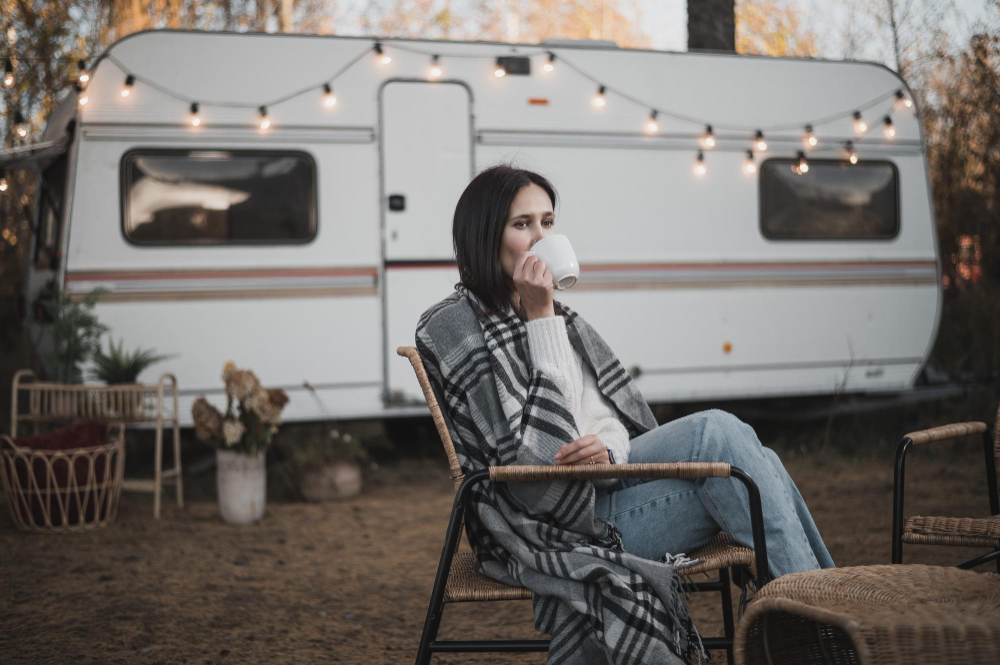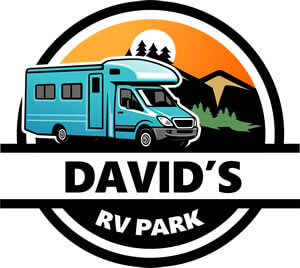
The open road calls to millions of RV enthusiasts each year, offering freedom, adventure, and the chance to explore America's diverse landscapes. But with this independence comes responsibility—particularly when it comes to personal safety. Whether you're a seasoned road warrior or planning your first RV trip through the Lone Star State, understanding how to protect yourself and your loved ones should be your top priority.
RV life presents unique safety challenges that differ significantly from traditional home security or hotel stays. You're essentially living in a mobile home, often parked in unfamiliar locations with strangers nearby. This reality requires a proactive approach to personal safety that goes beyond simply locking your doors.
From choosing secure RV parks to implementing smart travel practices, the decisions you make can dramatically impact your safety and peace of mind on the road. Let's explore the essential strategies that will help you enjoy your RV adventures while staying protected.
Your choice of where to park for the night can make or break your safety experience. Not all RV parks are created equal, and doing your homework before arrival is crucial.
Research potential stops thoroughly using online reviews, RV community forums, and official park websites. Look for mentions of security measures, lighting quality, and the general condition of facilities. Pay special attention to recent reviews that mention safety concerns or positive security experiences.
When evaluating an RV park in TX or anywhere else, consider these safety indicators:
Security Features: Well-lit common areas, gated entry systems, on-site management, and security cameras are excellent signs. Parks that invest in these features typically prioritize guest safety.
Location and Surroundings: Avoid parks in isolated areas or neighborhoods with high crime rates. Choose locations with nearby businesses, good cell phone reception, and easy access to main roads.
Guest Demographics: Family-friendly parks with a mix of short-term and long-term residents often provide a safer, more community-oriented environment than transient-heavy locations.
Staff Presence: Parks with 24-hour management or security staff can respond quickly to issues and maintain better overall safety standards.
Your RV should be equipped with multiple layers of protection. Start with basic security devices and build from there based on your comfort level and budget.
Locks and Entry Security: Upgrade your standard RV door locks with deadbolts designed specifically for RVs. Window locks and security bars provide additional protection. Consider a door alarm that sounds when someone attempts entry.
Communication Devices: Maintain reliable communication tools including a fully charged cell phone, backup power source, and consider a two-way radio for areas with poor cell coverage. A satellite communicator can be invaluable in remote locations.
Lighting: Motion-activated exterior lights deter unwanted visitors and help you navigate safely at night. Interior lighting on timers can make your RV appear occupied even when you're away.
Personal Protection: Carry personal safety devices appropriate for your comfort level and local laws. This might include pepper spray, personal alarms, or other legal protective measures.
Developing strong situational awareness is perhaps your most valuable safety tool. This means staying alert to your surroundings, understanding potential risks, and trusting your gut feelings about people and situations.
When arriving at a new RV park, take time to survey the area. Note exit routes, identify the nearest neighbors, and locate park management. Introduce yourself to nearby RVers—building rapport with fellow travelers creates an informal neighborhood watch system.
Be cautious about sharing detailed travel plans with strangers. While the RV community is generally friendly and helpful, avoid broadcasting when you'll be leaving, your final destination, or whether you're traveling alone.
Watch for red flags that might indicate problems: poorly maintained facilities, intoxicated individuals, aggressive behavior, or parks that seem unusually empty. If something feels off, trust that instinct and consider finding alternative accommodations.
Modern technology offers numerous tools to enhance your RV safety. Security cameras designed for RVs can monitor your surroundings and provide evidence if incidents occur. Many systems now offer smartphone integration, allowing you to check your RV remotely.
GPS tracking devices can help locate your RV if stolen and provide peace of mind when leaving it unattended. Some systems include panic buttons that alert emergency contacts to your location.
Smart locks allow you to control access to your RV remotely and can send alerts when doors are opened. This technology is particularly useful if you have multiple people who need access or want to monitor entry activity.
Weather monitoring apps and emergency alert systems keep you informed of severe weather, local emergencies, or other safety threats in your area.
The RV community's strength lies in its interconnectedness. Fellow RVers often look out for each other, sharing information about safe routes, quality parks, and potential hazards.
Join RV clubs, online forums, and social media groups focused on RV safety and travel. These communities provide valuable real-time information about conditions, park reviews, and safety tips from experienced travelers.
When staying in RV parks, take time to meet your neighbors. A simple introduction can lead to informal safety partnerships where you watch each other's rigs and share local knowledge.
Participate in campground activities when possible. The more integrated you become in the temporary community, the more likely others are to notice and respond if you need help.
Despite your best prevention efforts, emergencies can still occur. Having a clear emergency response plan can minimize harm and help you react effectively under stress.
Create and practice an emergency action plan that includes escape routes from your RV, rally points for separated family members, and contact information for local emergency services. Keep this information easily accessible to all travel companions.
Maintain an emergency kit with first aid supplies, emergency food and water, flashlights, batteries, and any necessary medications. Include copies of important documents in waterproof storage.
Know how to quickly contact local emergency services wherever you travel. Program important numbers into your phone and keep written backup copies.
Consider taking a basic self-defense or emergency response course. The confidence and skills gained from proper training can be invaluable during stressful situations.
Personal safety in RV life requires ongoing attention and smart decision-making, but it shouldn't prevent you from enjoying the incredible experiences that await on the road. By choosing secure accommodations, staying alert to your surroundings, and building connections within the RV community, you create multiple layers of protection that allow you to explore with confidence.
Remember that safety is an investment in your ability to continue enjoying RV adventures for years to come. The time and resources you spend on security measures pay dividends in peace of mind and protection.
If you're looking for an RV park in San Antonio, TX, contact David's RV Park today for booking information. Their commitment to guest safety and well-maintained facilities make them an excellent choice for your next Texas adventure.
